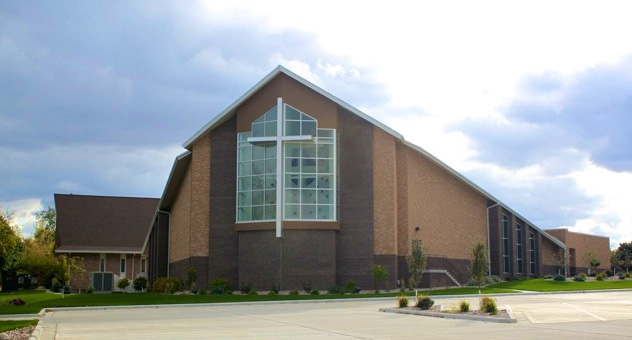One of the blessings of taking a trip to Israel is to see the actual context in which the stories of the Bible took place. As we stood on Mt. Carmel we could see the Jezreel Valley, the little town of Nain, Mount Moriah where Gideon defeated the Midianites, the Valley of Armageddon, Nazareth to the northwest, and then right at the foot of Mount Carmel is the Kishon Valley where Elijah had the prophets of Baal slaughtered. Wow!
Please allow me to share with you my fourth major insight: “Two kingdoms—commercial or covenant—how long will you waver between two opinions?”
The story of Elijah’s encounter with King Ahab is told in I Kings 16-19. First of all, it’s important to understand the relationship between a prophet and a king. In those days, people didn’t enjoy the constant presence of the Holy Spirit like we do and so God often gave direction through a prophet. The king was responsible for leading the people, but when he wasn’t sure what to do about certain matters he would turn to the prophets for counsel.
The sobering truth about King Ahab according to I Kings 16:29 was that he received the award for being the most wicked king in the history of Israel. Not only did Ahab find it trivial to continue leading Israel into greater idol worship, crafting idols made out of metal and also Asherah poles, but he traveled up to Sidon to find his wife Jezebel whose father worshiped Baal.
Ahab’s perspective of life and the kingdom God entrusted him to lead was that it belonged to him and that he had the right to do whatever he wanted with it. He felt it was his responsibility to exploit “his kingdom” for personal gain. He aimed to build a commercial kingdom controlling Damascus which was a major trade route. He used Jezebel to make friends with the Phoenicians in order to access the sea ports in the north. And although he believed in God, why not strengthen your fortune by adding more gods; especially gods who can make it rain.
Elijah, on the other hand, believed in a covenantal kingdom that recognized the land and everything in it belongs to God and that the king’s responsibility is to steward it wisely. Elijah believed that to be in covenant relationship with his countrymen was to share with those in need. To live in a covenant kingdom is to always be mindful of the needs of the people around you—the covenant = one God and one people—as opposed to commercial = everyone for themselves.
So therein lies the two battles; first, commercial versus covenant. Elijah believed if you acknowledge God as the owner of everything you’ll have more than enough. On the other hand Ahab believed if a person has the power, take what you can get.
And second, who makes the rain? Rains created springs, and in those days, the roads were always built from one source of water to another. So, the person who’s God makes it rain controls the roads; thus the showdown on Mount Carmel about these two opposing opinions.
As the participants from both sides assembled on Mount Carmel, Elijah asked this simple yet, life impacting question, “How long will you waver between the two opinions?” (I Kings 18:21). Are we called to share our wealth, or is it every person for himself? And does God make it rain or does Baal have the power (Deut. 11:13-17)?
Living in America causes you and me to come face to face with that question everyday, doesn’t it? So how about you, what kind of kingdom do you promote on a daily basis? Where do you believe your “good fortune” comes from? Not sure? How long will you waver between two opinions? Let me encourage you to read I Kings 18 in order to make a wise decision. “The Lord—he is God!” Mike








